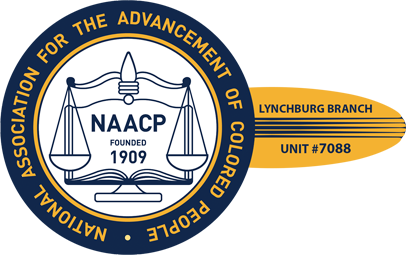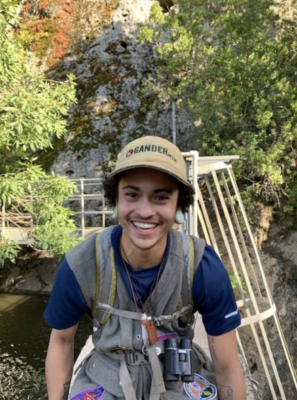Berkshire County is home to an abundance of beautifully forested land and natural resources. Our forests, parks, and wetlands have become an important pillar of our economic stability, as well as a critical player in our ecological diversity and public health. Yet our state’s forests are currently standing on the threshold of losing protections against commercial logging, and removal for biomass fuel. Only about twenty percent of the land in Massachusetts is protected from development, and Berkshire County holds the largest ratio of commercial land and growing-stock forests in the state. In a time when the global pandemic compounds our fight for a healthy environment and clean air, it becomes increasingly prevalent that we must act now to protect our largest air filtration system and free public health resources: our forests.
In 1982 Tomohide Akiyama, director of the Japanese Forestry Agency coined the term “Shinrin-Yoku”. In English it means, “Forest Bathing”, because Akiyama found data on forests’ ability to increase human immune system function, decrease stress hormones, and improve cellular regeneration for up to thirty days in participants who “bathed” their body and senses in forest air, or viewed images of natural landscapes Data from Akiyama’s field studies sparked global organizing around utilizing nature as a preventative medicine and a free public health resource.
Yet in 1983 in Warren County, North Carolina, a group of African Americans and low-income families did not get to experience the healing powers of nature. Instead, they began organizing a 6-week sit-in protest with support from the NAACP, to oppose the development of a toxic PCB landfill- an unfortunately familiar experience that we share here in Berkshire County.
Communities of color and low-income families in the United States have been subjected to a history of environmental racism and lack of access to healthy green space that has inevitably made them subject to higher rates of respiratory illness, cancer, and death. Sadly, this correlation is illuminated by COVID-19. To no surprise, states analyzed in EPA region IV in a study done by the US General Accounting Office in 1983 on the correlation between toxic waste site placement and race, are the same states reporting disproportionate death rates from Coronavirus in African Americans. States such as Georgia, Alabama, Mississippi, and Louisiana.
We of the Berkshire County NAACP see it as our collective responsibility to highlight the health concerns that arise when our people are subject to environmental injustice and deprived access to healthy natural resources, while we continue to advocate for the protection of ours.
As we all shelter-in-place, the Trump Administration continues to strip protections under the Clean Power Plan and violate the Clean Air Act, and our communities are being pushed further to the brink of death. Sadly, this includes our forest communities as well. Despite the closure of saw mills, forests are still being cleared for commercial logging in the Amazon and California, and in Berkshire County our forests sit on the threshold of removal. According to Mass Audubon, 40 acres of land in Massachusetts is lost to deforestation each day, and if we continue to lose our state forests to development and logging we could end up like Warren County and lose both our public health resources, and our public.
Right now, our forests may be one of our largest long-term resources in keeping African American Berkshire County residents healthy while protecting the longevity of our community as a whole, and we must act now to protect them. In the Massachusetts statehouse, bill H.4415 sits with a special commission chaired by Rep. Smitty Pignatelli, 4th Berkshire, that will determine protections regarding the use of our state forests for commercial logging and study the effects of removal for biomass fuels. They must secure a signature for the commission by Governor Baker by June.
So how do we protect them? We at the Berkshire County NAACP believe it is critical that we:
- Sign the moratorium to Governor Charlie Baker on logging on Massachusetts state lands.
- Call Senator Pignatelli and tell the commission we need our state forests protected for our public health and climate mitigation plans.
- Support bill H.486, presented by Senator Adam Hinds, that will protect woodlands to study carbon sequestration.
- Get outside and heal.
The need for localized resources in our adaptation to environmental changes and public health emergencies is critical, and a forest’s ability to improve human immune function and remove pollutants from the atmosphere ranks them of high importance for our future plans. In a time when supplies are limited, we must turn to our community leaders to protect our most vital public health resources: our forests.
Raei Bridges is an outdoor educator and the founder of The Rusty Anvil. He focuses on reconnecting marginalized communities to nature through mindfulness and place-based skills to heal ancestral trauma and drive environmental action. Raei serves as co-chair of the Berkshire NAACP environmental and climate justice committee and is an ecology student at BCC.



Recent Comments